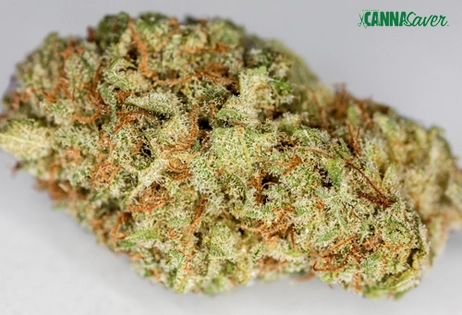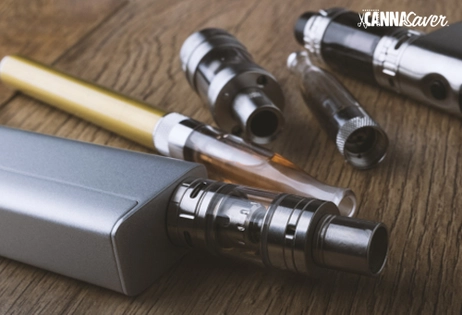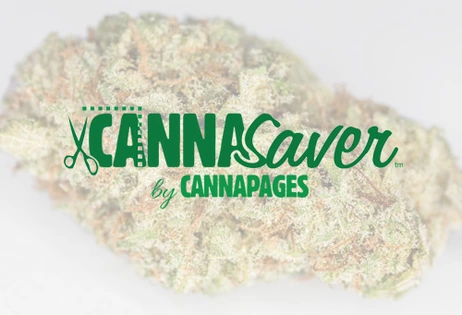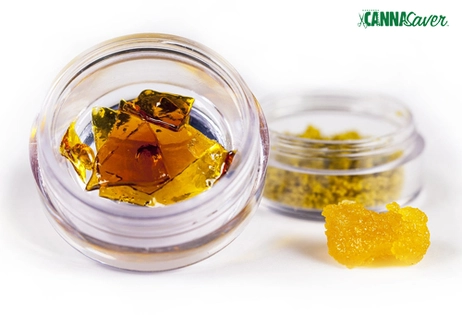
Denver Cannabis Consumption Pilot Program Explained
Posted by CANNASaver on Monday, 14 November 2016 in Canna Blog
Continue ReadingDENVER CANNABIS CONSUMPTION PILOT PROGRAM
Vote Yes on Initiative 300 is the chime ringing in and around the city of Denver as voters take a shot at approving what could open up the door for marijuana social clubs and indoor cannabis use by licensed public establishments.
The Yes on 300 campaign is a pilot program that aims to create private areas for adults 21+ to consume cannabis socially, and many think it's about time. Since passing Amendment 64 in Colorado, there's been a 500% increase in public consumption tickets issued in Denver County with African-Americans being ticketed at a rate 2.6 times higher than others.
The City of Denver Cannabis Consumption Pilot Program is believed to be a responsible approach to solving this problem by providing designated areas in certain City-permitted business establishments where adults 21 and over may consume cannabis in accordance with the Colorado Clean Indoor Air Act while out of view of the general public.
Another matter at hand are the 70 million tourists attracted to Colorado each year with no place to legally consume what's becoming the state's biggest cash crop. Moreover, now that California has legalized recreational marijuana, Colorado has to be forward thinking to keep the tourist coming to continue to bolster the the state's tourism revenues which have increased nicely since the passing of Amendment 64.
The Colorado Tourism Office reported that 77.7 million visitors visited the state in 2015 spending an all-time high of $19.1 billion. This is an increase of almost 7% from 2014, generating $1.13 billion in state and local taxes.
The Denver Department of Excise and Licenses will handle permits but only after a prospective permit holder has received formal approval from an eligible neighborhood organization (HOA) prior to applying.
What's really interesting about the indoor smoking initiative is the fact that on July 1, 2006, the Colorado Clean Indoor Air Act went into effect which banned smoking (tobacco products) in all enclosed workplaces statewide, including bars and restaurants.
This was a major reconditioning of a society's behaviour and now another shift in perception with legalized weed and a special privilege to consume cannabis socially in public is certainly widening the gap of possibilities of just how far human potential will take us. (Did someone say Amsterdam?)Just for the record, here are the rules given by the Colorado Clean Indoor Air Act posted on their website for your clarification.
The Clean Indoor Air Act applies to community associations and prohibits smoking in restrooms, hallways, lobbies and other common areas in any public or private buildings, including condominium buildings, and within a fifteen foot radius of building entryways. The law does not prevent owners from smoking in their residences, and does not clearly restrict smoking on private patios or balconies, although some associations impose more stringent smoking restrictions through their recorded covenants or rules.
Colorado community associations, and individuals, in violation of the Clean Indoor Air Act may face fines. The law establishes a fine schedule of $200 for the first violation, $300 for the second, and $500 for the third and subsequent violations.
Any establishment that chooses to allow social cannabis use will be required to comply with the Colorado Clean Indoor Air Act, which means only non-smokable forms of cannabis, such as vaporizers, will be allowed indoors. Smoking cannabis will only be allowed in designated exterior areas that are not visible to the public right of way. An odor control plan will be required and odor complaints may result in loss of permit.Right on Colorado!
Progress.
MrD.




















